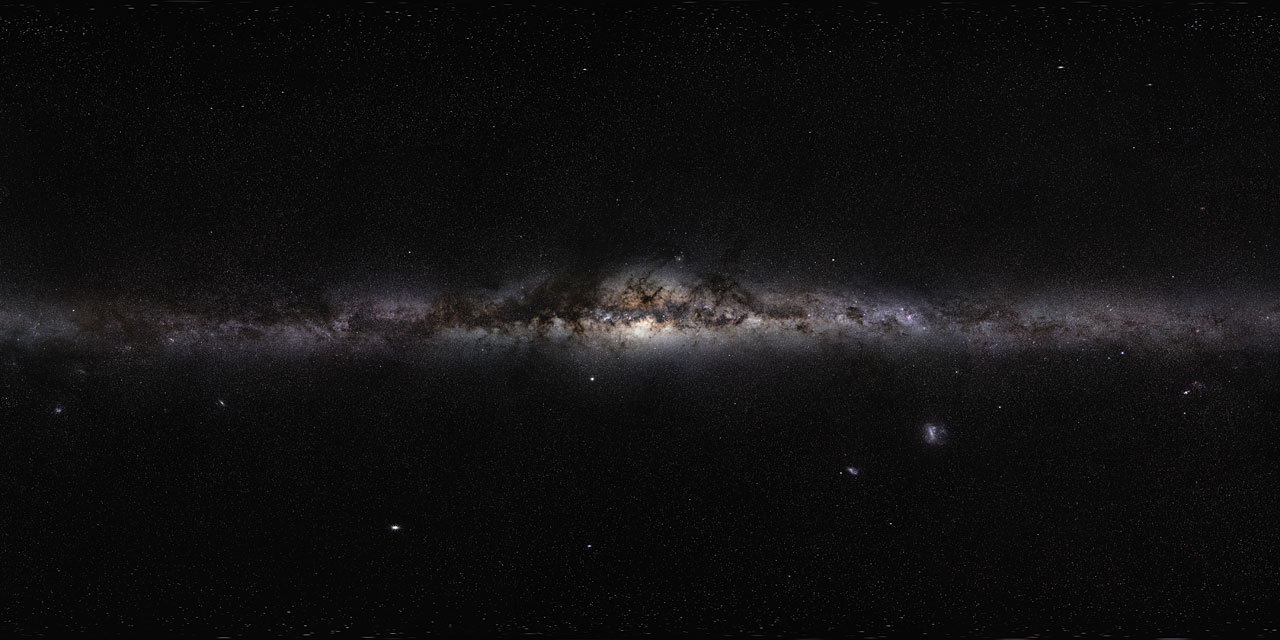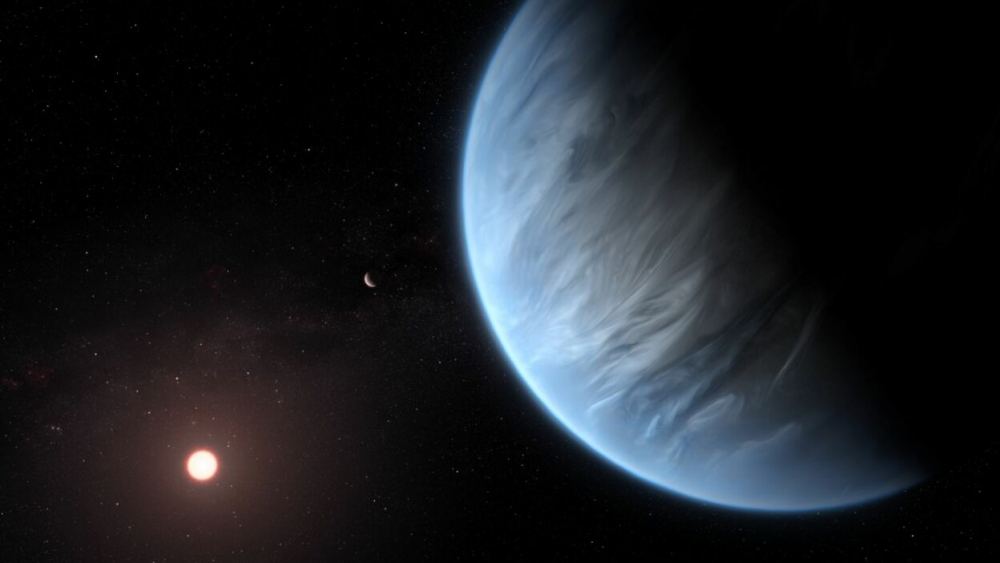In 1950, while sitting down to lunch with colleagues at the Los Alamos Laboratory, famed physicist and nuclear scientist Enrico Fermi asked his famous question: “Where is Everybody?” In short, Fermi was addressing the all-important question that has plagued human minds since they first realized planet Earth was merely a speck in an infinite Universe. Given the size and age of the Universe and the way the ingredients for life are seemingly everywhere in abundance, why haven’t we found any evidence of intelligent life beyond Earth?
This question has spawned countless proposed resolutions since Fermi’s time, including the infamous Hart-Tipler Conjecture (i.e., they don’t exist). Other interpretations emphasize how space travel is hard and extremely time and energy-consuming, which is why species are likely to settle in clusters (rather than a galactic empire) and how we are more likely to find examples of their technology (probes and AI) rather than a species itself. In a recent study, mathematician Daniel Vallstrom examined how artificial intelligence might be similarly motivated to avoid spreading across the galaxy, thus explaining why we haven’t seen them either!
Continue reading “Why Don't We See Robotic Civilizations Rapidly Expanding Across the Universe?”

